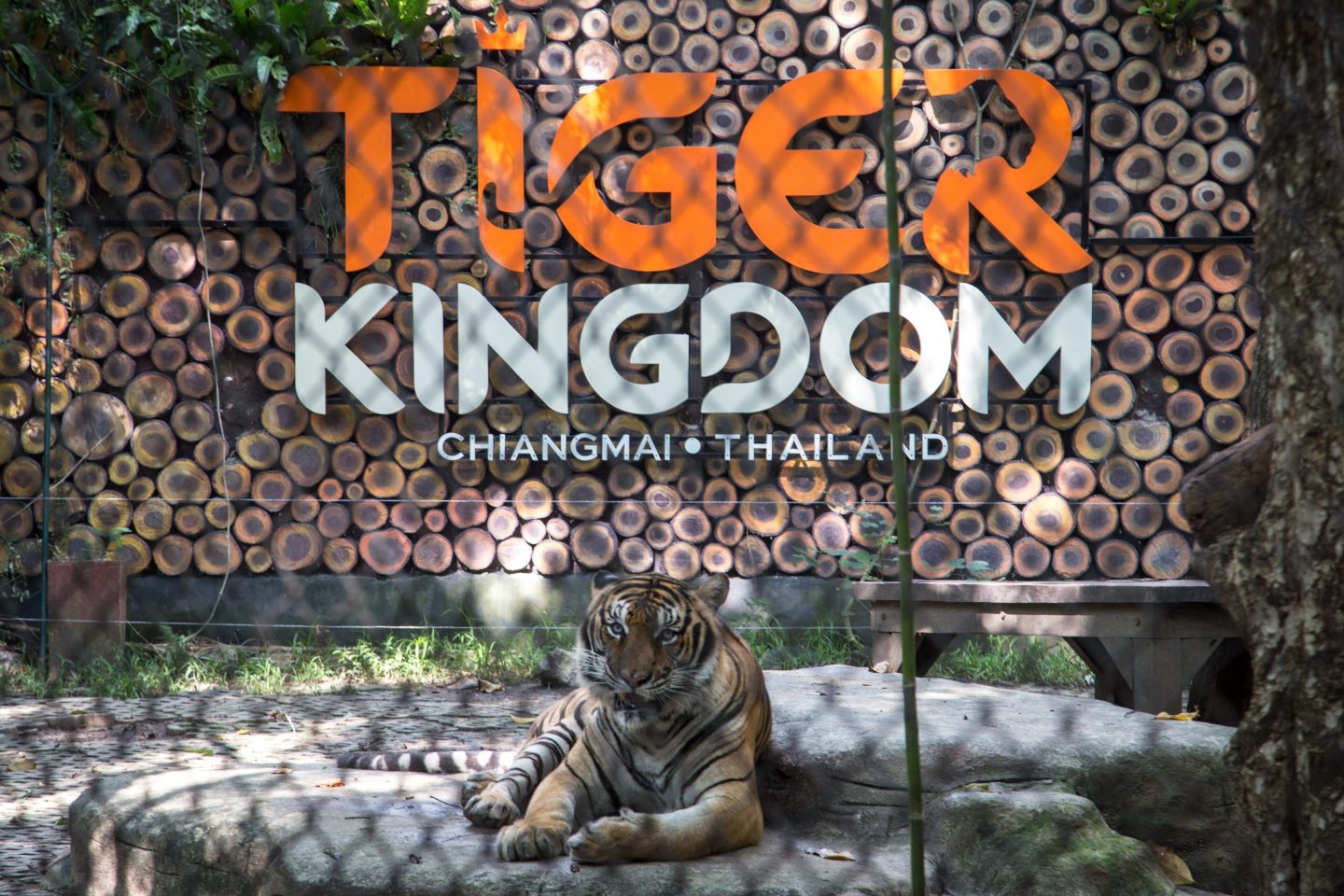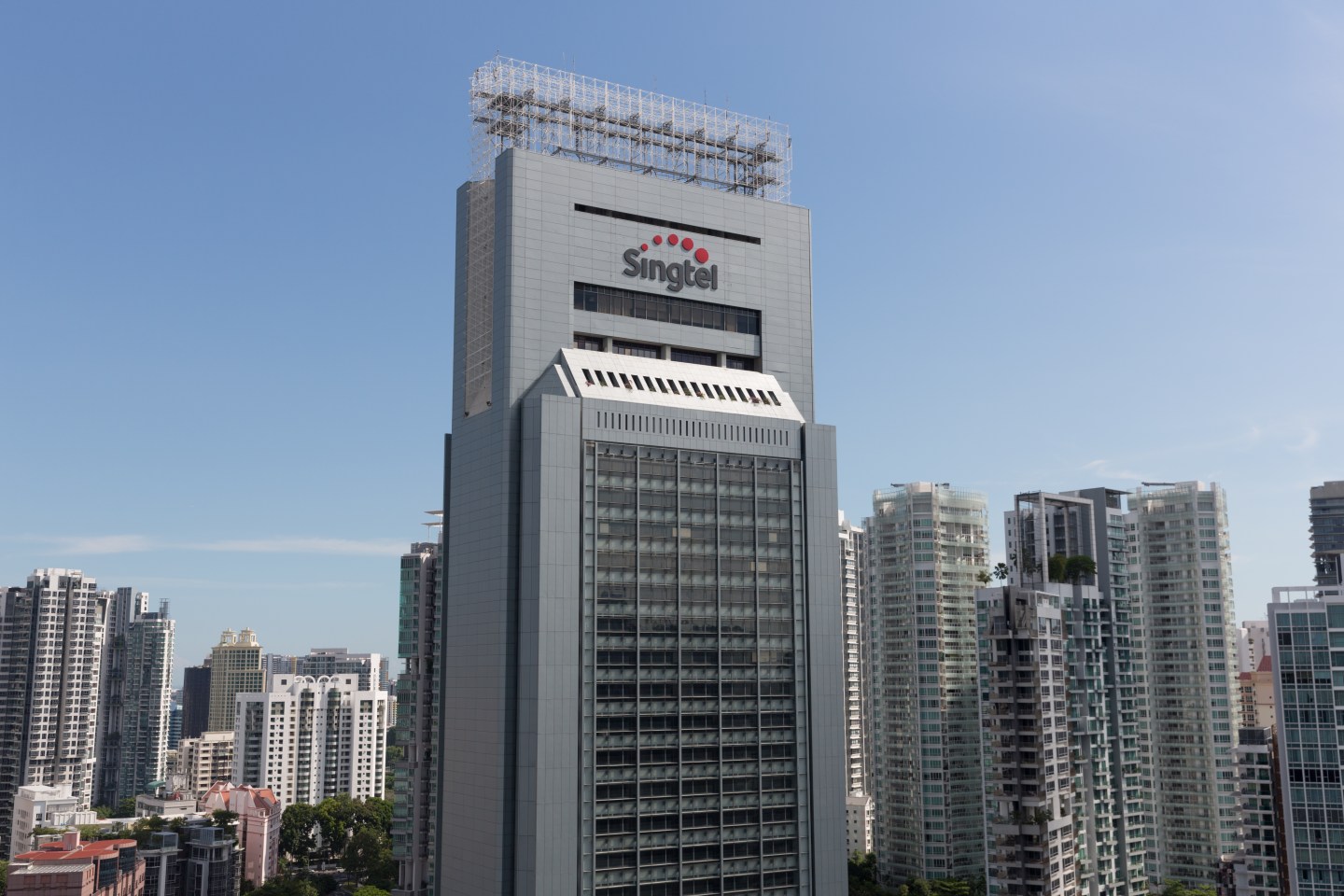Long before she became CEO of the world’s largest health and beauty chain, Malina Ngai was a competitive athlete, rowing for the then British colony of Hong Kong, and even winning a bronze medal at the 1994 Asian Games in Japan.
Former athletes who make the jump to business often say their time in sports gave them leadership skills and the discipline needed to run global companies. Ngai points to something else that sports gave her: an appreciation for what she calls the “science” of self-improvement.
“Elite athletes do so much science just to improve by one second in a swimming race or in a 100-meter sprint,” she says. Ngai says she’s carried that focus on metrics to her role running a retail operation of almost 17,000 outlets across 30 markets. “Traditionally, retail doesn’t use a lot of science, instead relying on experience. I’ve really tried to put a lot of science into the business, so we know what actions lead to what results.”
Ngai took over AS Watson, the retail division of Hong Kong conglomerate CK Hutchison, in May 2024. After her first full year as group CEO, Ngai sits at No. 6 in Fortune’s ranking of the Most Powerful Women in Asia. The job reinforced for her that science goes only so far. “For the past year, I’ve been reminding myself that I don’t have all the answers,” Ngai says.
Indeed, certainty is less useful today, when new technologies, changing consumer trends, and macroeconomic headwinds are changing the rules of retail. “There’s nothing that you learned in university that now really applies on a day-to-day basis,” she says. “Every day, we have to learn: We have to learn gen AI, we have to learn how a customer shops. Suddenly there’s Korean beauty, Japanese beauty, Chinese beauty.”
AS Watson has its roots in a single drugstore founded in 1841, just after the British seized control of Hong Kong during the First Opium War. In 1858, Alexander Skirving Watson, a British pharmacist, took over the dispensary as its manager and eventually gave the company its name. By the 1980s, AS Watson had become part of Hutchison Whampoa, one of the city’s big conglomerates.
The company is now part of CK Hutchison, the Fortune Global 500 conglomerate founded by billionaire Li Ka-shing. AS Watson includes not only the eponymous green drugstore, but also supermarkets, electronics, and beverage manufacturing. And it has snapped up overseas brands, too. It now operates the world’s largest health and beauty chain by store count, with almost 17,000 outlets globally, in Hong Kong, mainland China, Europe, Southeast Asia and the Middle East. By comparison, U.S.-headquartered pharmacy chains CVS Health and Walgreens Boots Alliance, though each considerably larger by revenue, have just 9,000 and 13,000 outlets respectively.
Ngai, born in 1969, spent many of her formative years in sports, first as a track-and-field athlete, then as a competitive doubles rower. A 1993 story in Hong Kong’s South China Morning Post noted Ngai’s “punishing daily schedule”: an 11.5-hour-long training session in the Shing Mun River.
She thinks her time as a sportsperson gave her not only discipline but also the curiosity to find new opportunities. “As an athlete, we don’t want people to hand over a medal to us,” she says. “We’ll always like to have an opportunity to compete, and then win it ourselves.”
Ngai spent time in government, working to help develop the city’s sports landscape, before jumping to Hutchison Whampoa’s ports division in 2000. (Li Ka-shing merged Hutchison Whampoa with the affiliated Cheung Kong Holdings in 2015, forming CK Hutchison.)
The company quickly moved her to the retail division, first in corporate communications then in marketing, branding, investment, and technology. Ngai’s time at AS Watson corresponded with a rapid expansion of the company’s global footprint: She notes that in the 2000s, the division had just 980 outlets, compared with nearly 17,000 today.
“I’ve been reminding myself that I don’t have all the answers… Every day, we have to learn.”
Malina Ngai, Group CEO, AS Watson
She became the division’s chief operating officer in 2013, then its Asia and Europe CEO in 2019. When she rose to become group CEO, her predecessor Dominic Lai said she was “perfectly prepared,” citing her work in building out AS Watson’s online commerce business. Ngai helped pioneer AS Watson’s customer loyalty program 15 years ago; it now boasts 178 million members, a user base larger than the population of Bangladesh.
As group CEO, Ngai has tried to set down a unified culture for AS Watson’s businesses across its different brands and markets. She wants outlets to be more responsive to customer trends. “In the past, it maybe took nine months to get something on a shelf. Now, if something’s trending on social media, how can I get the product on the shelf in two or three months so I can look after the customers?” she says.
In the first six months of 2025, CK Hutchison’s retail division generated 98.8 billion Hong Kong dollars ($12.6 billion), just over 40% of the broader conglomerate’s total revenue. Retail revenue grew by 8%, which the company credited to strong performance in stores based in Europe and Southeast Asia, which offset weakness in China.
Ngai credits AS Watson’s “balanced portfolio between Asia and Europe” for the retailer’s resilience. “In the past 12 months, basically everywhere is uncertain,” she adds. “This is the new normal.”
China’s consumer market in particular has stagnated, partly because of a property crisis that continues to weigh on household spending. “China remains a complex and evolving landscape,” Ngai says. “People browse, but they are more cautious on their spending.”
AS Watson’s hometown is also struggling. Hong Kong’s retail sales have fallen in recent years, as the onetime tourist hub fails to win back wealthy visitors eager to shop. “Previously we had more expats,” Ngai says. “Now we have a lot more mainland residents and students, and the silver generation is also growing. Household sizes are shrinking, and pet ownership is rising, too. This demographic shift is challenging all the businesses here to reshape themselves.”
Ngai has noticed another shift among Asian consumers: a preference for buying local cosmetics brands. Japanese and Korean companies were already taking market share from U.S. and European brands in Asian markets. Now Chinese and even Southeast Asian brands are winning the hearts of AS Watson’s customers.
Korean brands have stories that, she notes, “create a lot of conversation on social media.” That’s a lesson now being learned by Chinese brands, she adds: “You know how crazy social media is in China? When they go outside of China, they immediately surpass a lot of the brands when it comes to social media, storytelling, and endorsements.”
Ngai thinks that Hong Kong has a role to play in this sudden surge of Chinese brands. “When you see mainland brands come to Hong Kong, it’s a test bed for them to see whether their brands will work outside of China,” she explains. “It really helps them go into Malaysia, Vietnam, the Philippines, and [the rest of] Southeast Asia.” (It’s not just beauty brands: China’s food delivery giant, Meituan, tested its services in Hong Kong before expanding abroad.)
Hong Kong performs well when it comes to female representation in corporate leadership. According to a 2024 Deloitte report, 9% of Hong Kong CEOs are women, compared with 5% across the Asia-Pacific region and 6% globally. The city’s stock exchange is also pushing for greater gender diversity on corporate boards, mandating that no listed company will have a single-gender board.
“I’m aware of expectations placed on women leaders. So often there’s some quiet pressure: You need to be strong but also soft; you need to be decisive, but you need to be nurturing as well,” Ngai says.
Yet she suggests her gender might be an advantage, particularly as companies embrace language around wellness and positive workplace culture. “Kindness is very fashionable,” she adds. “If we can take the lead, then everyone can see the power of female leaders.”
Correction: An earlier version of this article misstated the decade when AS Watson became part of Hutchison Whampoa.
This article apppears in the October/November: Asia issue of Fortune.













